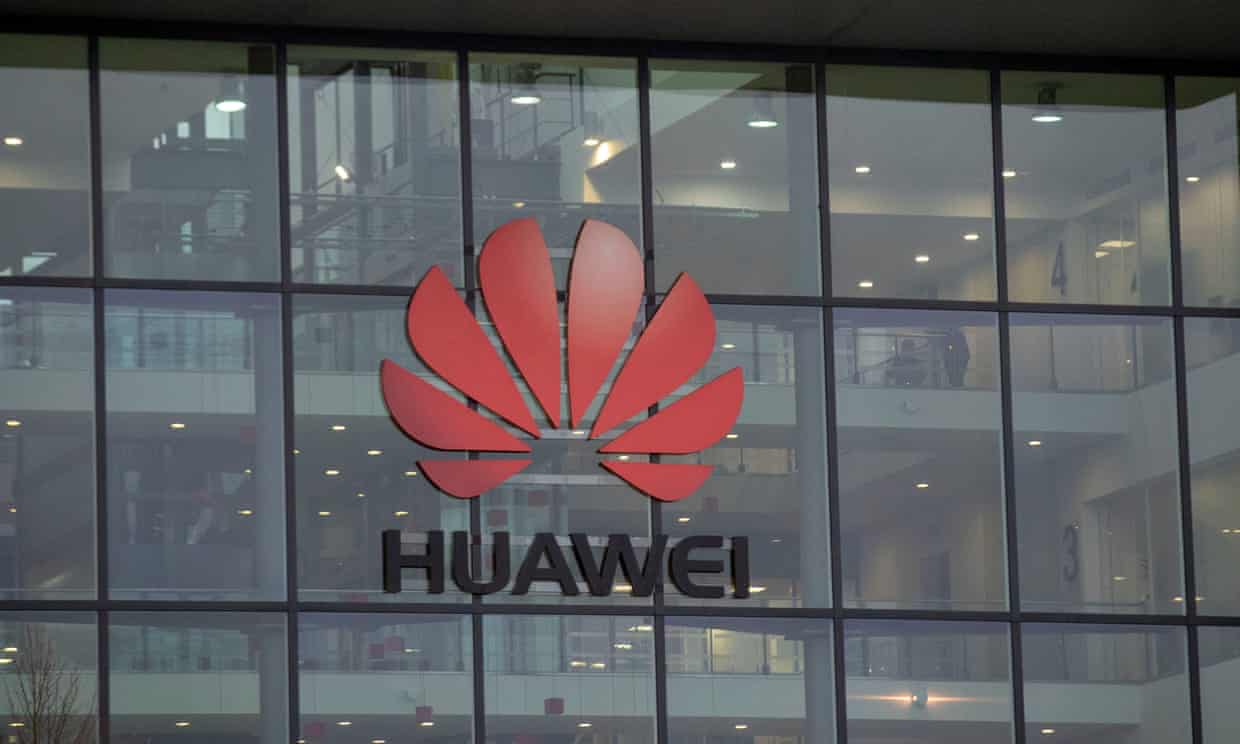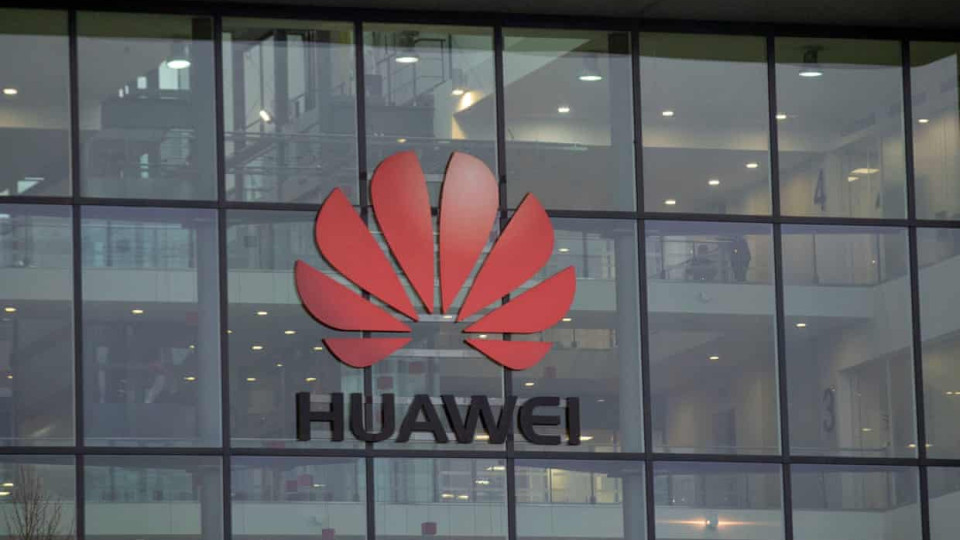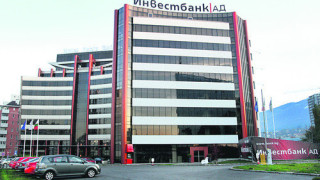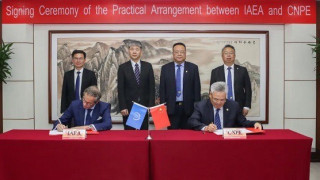
Donald Trump’s administration is expected to put further pressure on the UK to reconsider the decision to allow Chinese telecoms company Huawei to help build parts of the UK’s 5G telecoms network.
The US has arranged for a representative from the state department, which has repeatedly warned of the risks of using Huawei, to give a briefing on Monday.
Robert Strayer, a deputy assistant secretary, who has been at the forefront of anti-Huawei lobbying, argued earlier this month that if countries adopt “risk-based security frameworks” it “will lead inevitably to the banning of Huawei”.
The latest US lobbying comes after the leak of a decision by the normally secret UK National Security Council, which agreed to allow Huawei to supply 5G technology after a contested meeting in which five cabinet members raised objections.
The decision at Tuesday’s NSC meeting was forced through, according to one source, on the casting vote of the prime minister with a formal announcement expected later in the spring once further technical safeguards had been prepared.
But while Downing Street may regard the Huawei decision as final there are signs that it could yet be reversed once Theresa May steps aside, with sources close to Boris Johnson indicating the former foreign secretary could be willing to “look again” at the Huawei approval if he were to become prime minister.
The chancellor, Philip Hammond, was the first minister to publicly confirm that a leak inquiry had started, when asked about Huawei at an Chinese government investment forum in Beijing – and said it needed to be dealt with.
“My understanding from London [is] that an investigation has been announced,” Hammond said. “I think it is very important that we get to the bottom of what happened here.”
On Thursday it emerged that the cabinet secretary, Sir Mark Sedwill, had written to the senior ministers present at the meeting to demand that they and their aides cooperate with the inquiry and state whether they were aware of the leak.
It is understood that Sedwill’s letter did not spell out exactly what would happen next, but the inquiry process could involve phone and email records being examined and politicians and aides interviewed by investigators appointed by Sedwill.
On Friday night the Telegraph reported that ministers would be quizzed by the leak inquiry this weekend and would be expected to hand over their phones. It also said that May’s chief of staff, Gavin Barwell, had gathered the ministerial aides in Downing Street and told them that anyone found to be responsible for the leak “will not be a member of the government for much longer”.
There have been other calls for the leaker, once identified, to be sacked. Some Conservative backbenchers want the police or MI5 to be called in to help with the investigation, which could become a criminal prosecution under the Official Secrets Act.
But there is nervousness at Scotland Yard about the idea of the Metropolitan police becoming involved in any leak inquiry. Memories still linger of the bad feeling caused after the police raided the office of MP Damian Green a decade ago in pursuit of a leaker who worked in the Home Office.
The hunt for the leaker is focused on five cabinet ministers who opposed the decision to allow Huawei, a Chinese telecommunications company, the right to sell “non core” equipment into the UK’s 5G mobile phone networks. All five have categorically denied they were involved.
The objectors were: Sajid Javid, the home secretary; Jeremy Hunt, the foreign secretary; Gavin Williamson, the defence secretary; Penny Mordaunt, the development secretary; and Liam Fox, the trade secretary.
Allies of Hammond say he also categorically denies being involved in any leaks from the meeting. The chancellor was one of five other ministers present who were in favour of allowing Huawei limited access, in line with recommendations from the spy agency GCHQ.
The others were Theresa May, the prime minister; David Lidington, her effective deputy; Greg Clark, the business secretary; and Jeremy Wright, the culture secretary, who is ultimately responsible for the security of the UK’s telecoms networks.
Hammond is in China to participate in the Belt and Road investment forum in Beijing. On Thursday he met Hu Chunhua, the country’s vice-premier, but it is understood the subject of Huawei was not raised by either side.
It also emerged on Friday that the Dutch telecoms giant KPN will select a “western company” to work on the core of its 5G rollout across the Netherlands after the US ambassador criticised its apparent plans to give the contract to Huawei.
The company’s chief executive, Jan Kees de Jager, told a press conference the decision was in line with that of the British government. “We are not blind to the political discussion about the security of our networks and we do see various potential suppliers for the 5G network in the Europe and US,” he said.
KPN had said its decision took into account “the evolving assessment of the protection of vital infrastructure and the influence this may have on future Dutch policy” and that it now intended “to select a western vendor for the construction of the new mobile core network for 5G”.
Separate contracts with Huawei on modernising the company’s mobile radio and antenna network were said to be open to being “adjusted or reversed to align it with future Dutch government policy”.
The US ambassador to the Netherlands, Pete Hoekstra, had previously said it was “very important” for there to be limits on Huawei’s role due to a perceived security threat.
The Guardian









Leave a comment